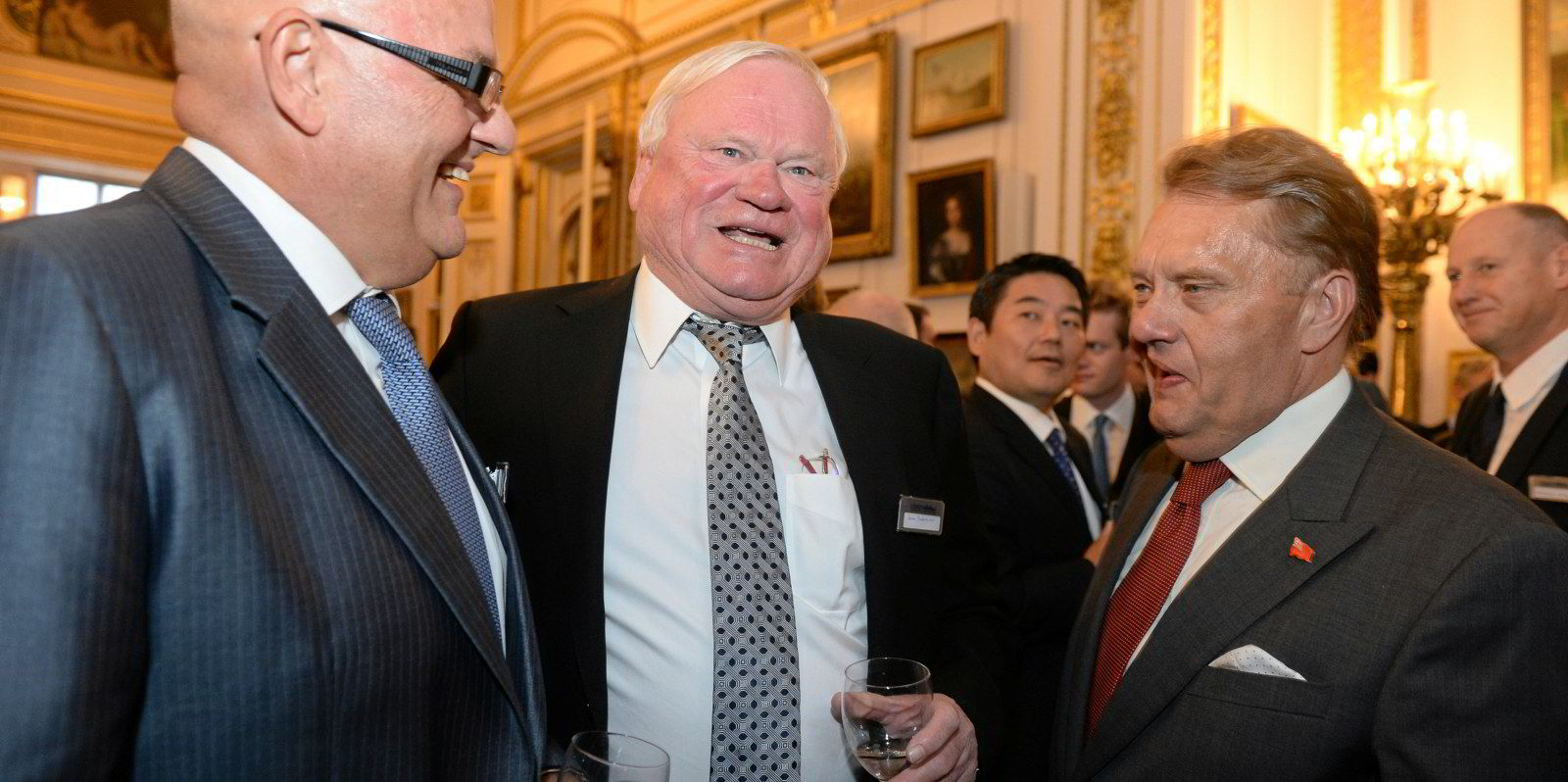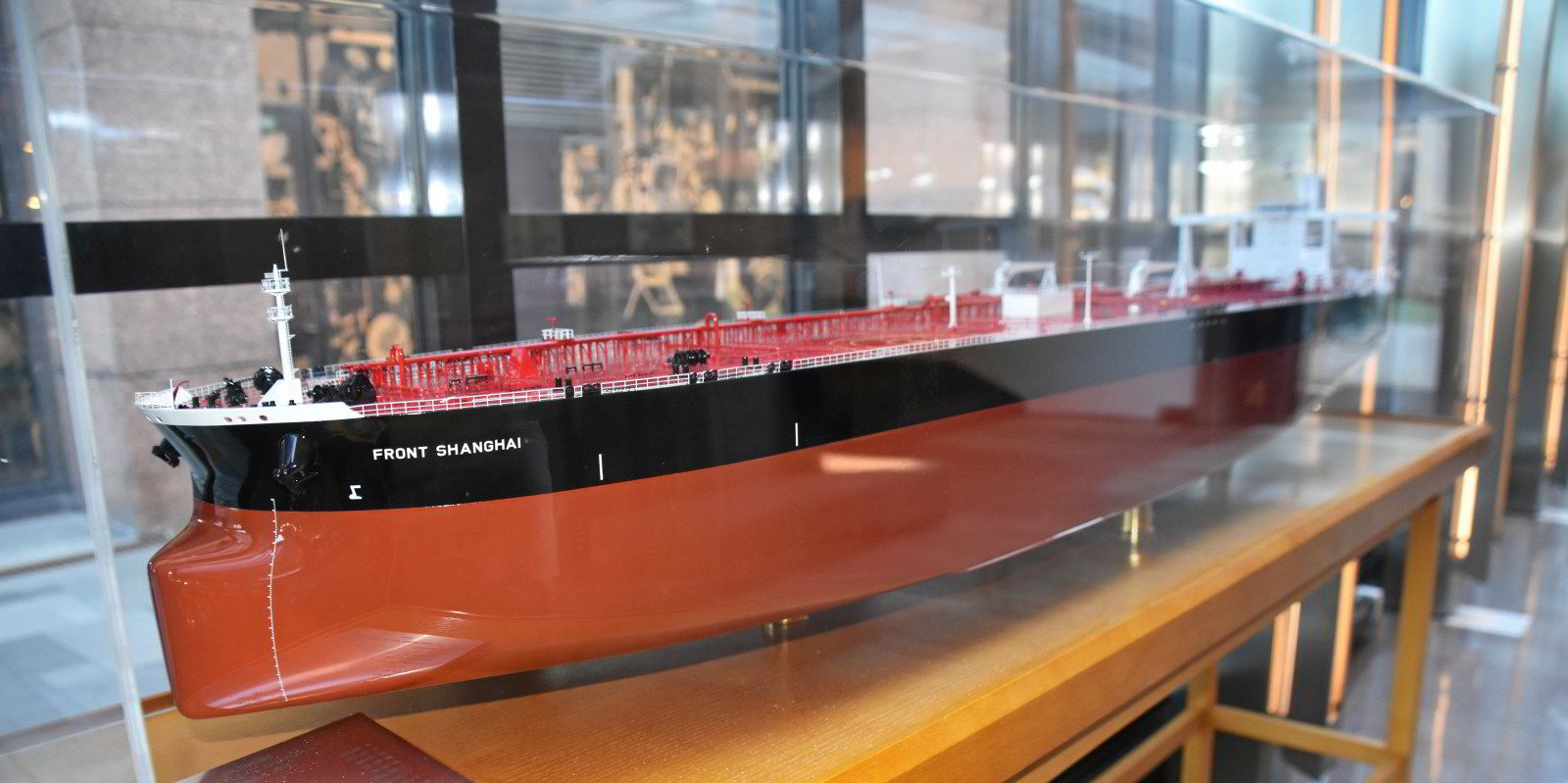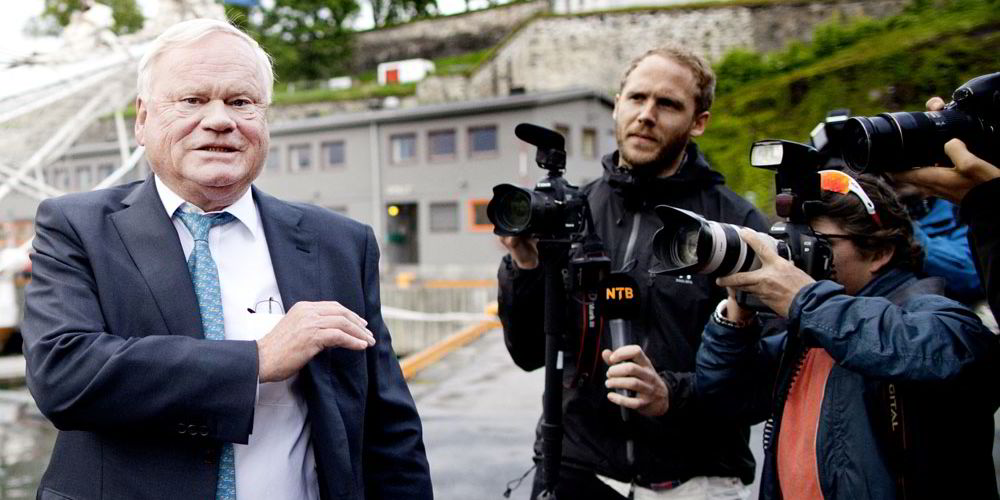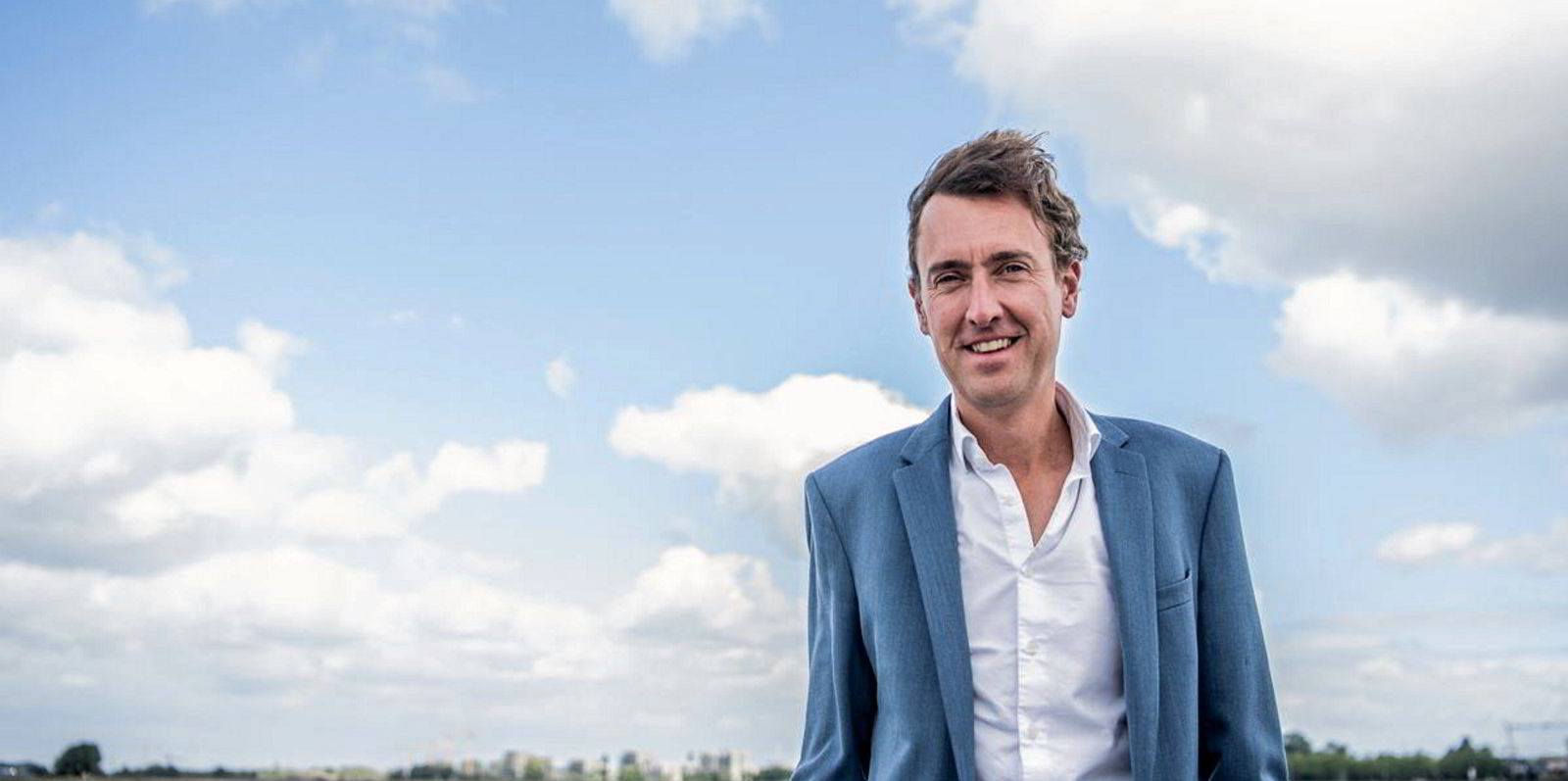While shareholders of Euronav and Frontline firm up their battle lines ahead of a proposed $4.2bn merger to create the world’s biggest listed crude tanker owner, a number of quiet onlookers have a stake in the outcome as well.
One interested — presumably delighted — bystander who may prefer to go overlooked is Clarksons, which has reportedly been cut out of Frontline business for years after an obscure falling out with the famously irascible John Fredriksen.
Less delighted is the shipping services sector in Norway that stands to see Fredriksen as a less pivotal customer. For Fredriksen gives every appearance of gradually converting his shipping holdings into a portfolio of shares that can be administered by a family office.
Fredriksen, 77, is preparing for a world that has no shipowners named Fredriksen in it, and it is a very reasonable thing to prepare for, even if many in Oslo are in deep denial.
Is Fredriksen done with hands-on control of crude oil tankers?
“Not John,” one prominent broker told TradeWinds this week. “He may have been happy to reduce his role in offshore, but his heart is in the tanker world.”
But the broker admitted: “It makes sense for the family to have a smaller stake in a larger company. And probably the office at Aker Brygge will have less to say than it does today.”
When the long-suspected — still yet to be formally completed and signed — deal went public last week, it dramatically overshadowed any other shipping news coming out of Norway, where the long-deferred Nor-Shipping conference was just winding down.
Norwegian media, even those whose interest in shipping matters has slacked, immediately perked up. But Oslo’s two business dailies had two rather opposed takes.
“Now he’ll be biggest again”, cheered TradeWinds’ sister paper Dagens Naeringsliv in a front-page splash featuring the grinning face of the shipowner, a Cypriot who lives in London and does much of his business from there.
“Smaller owner in bigger shipowning company,” noted competitor Finansavisen, captioning a smaller version of the same somewhat dangerous grin.
Both publications assume by force of habit that a Fredriksen deal is a deal that will get done. However, outside Oslo, attention has focused on whether the combination that he and the Euronav board favour will overcome opposition by the biggest Euronav shareholder, the founding Saverys family of private Belgian shipowner CMB.
As TradeWinds has reported, it is unusual for a merger proposal to be announced on the strength of a term sheet, and some financiers believe the dramatic announcement was rushed out to forestall efforts by the Saverys family to build up a Euronav shareholding that could stop Fredriksen.
Those who have worked with both sides over the years think the Saverys family lack the financial firepower or leverage to trump the Fredriksen deal.
Alexander Saverys’ proposed strategic shift to turn Euronav into a green energy shipping company is forward-looking but is clearly not yet fully formed.
But win or lose, Fredriksen will not be the biggest again. If he wins, he will emerge with something over 21% of the combined Frontline-Euronav and two seats on the board, and it will be still named Frontline. But it will not be Fredriksen’s company in the sense it is now.
The looming question is how soon his other fleets will follow the same route out of Oslo, with the Fredriksen family retaining a large shareholder’s interest — but also gaining the option to cash out whenever and at whatever pace seems prudent to their financial advisors, with no ship sales involved.
Oslo’s brokers, maritime lawyers and others will have to get used to another pool of customers.
Clarksons is one player that has already had time to make a similar adjustment. It has been in Fredriksen’s “freezer” for over five years. His specific complaints in his falling-out with the broker were disputed at the time, but his famous tenacity in grudge-holding is more important now than whatever originally gave him offence.
The proposed structure of the Frontline-Euronav merger would put management in the hands of Euronav’s Hugo De Stoop, and nobody expects similar dramas from the Belgian.






